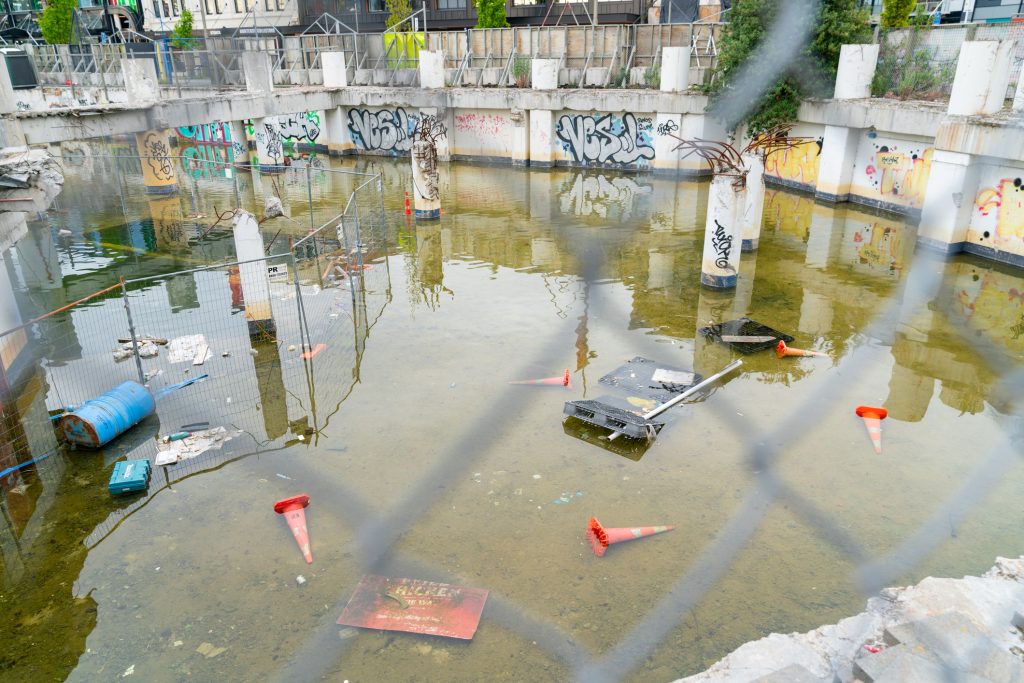- Impacts & Adaptation
Research Programme
- Andrew Allison
NIWA - View the full team
Project Lead
-
Budget
$505,000 -
Duration
October 2020-March 2024
-
Completed project
Adapting to compound flood hazards
Adaptive tools for decisions on compounding climate change impacts on water infrastructure
This project researched compounding flood hazards on water infrastructure due to climate change. The research investigated how flood hazards from rivers, sea-level rise and groundwater will combine either as extreme events (shocks), or as slowly emerging and increasingly persistent impacts.

The research considered whether we can continue to adapt incrementally, or at what point and under which conditions we would need transformational change to cope. The researchers worked with TU Delft in the Netherlands and tested Robust Decision Making (RDM) tools within a Dynamic Adaptive Pathways Planning (DAPP) process.
The goal was to identify what to monitor, in order to understand when a switch from incremental to transformational adaptation may be necessary. The project aimed to provide a framework for future infrastructure adaptation, under uncertain climate futures. The researchers developed a guidance document on adaptive decision making for addressing compound climate change impacts for infrastructure.
Read a final summary of the project’s findings here.
How is this research being used:
- Application of the Robust Decision Making and Dynamic Adaptive Pathways Planning approach through workshopping with selected case studies.
- Learnings from this research will be made available to other researchers and practitioners via workshops.
- Guidance will be developed on simple methods for councils to deal with multiple or compound hydro-geological hazards.
Who we engaged with:
- Water utility companies
- Local and central government who have responsibility for water-related infrastructure
PROJECT TEAM
-
Judy Lawrence
NZ Climate Change Research Institute, Victoria University of Wellington -
Paula Blackett
NIWA -
Scott Stephens
NIWA -
Jan Kwakkel
TU Delft, Netherlands -
Adolf Stroombergen
Infometrics -
Rob Bell
NIWA -
Andrew Allison
NIWA